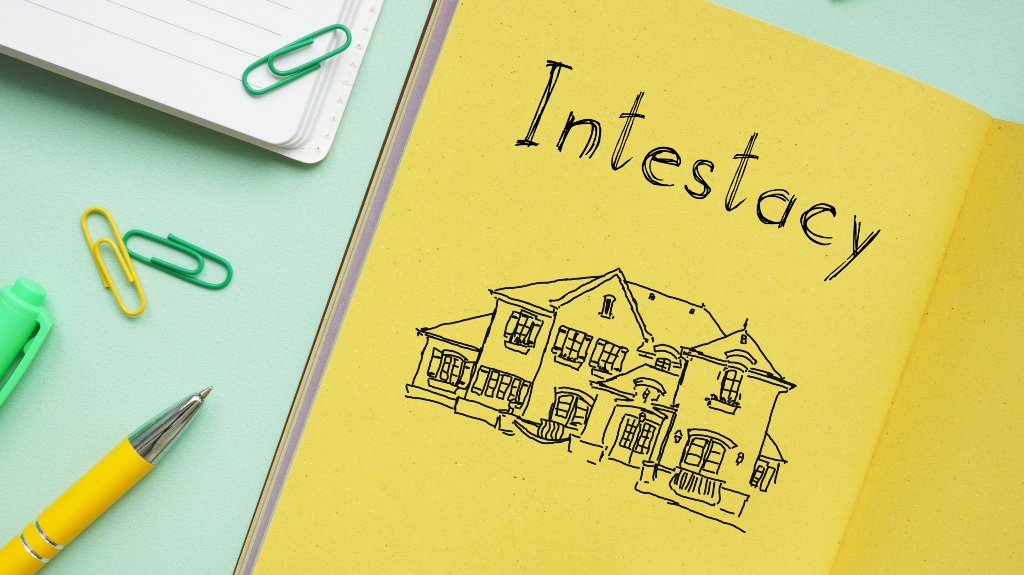Louisiana, like many other states, has a specific set of rules that apply if a person passes away without a Last Will and Testament (Will). These rules are known as the default rules of Louisiana succession. While some may find these default rules sufficient to carry out their last wishes, it is recommended that everyone understand what these rules entail and what they can mean for their future plans.

What Is Intestate Succession?
Intestate succession is a legal process that applies when someone dies without leaving a valid Will or any other legally binding document that stipulates how their assets and property should be distributed. In such cases, the state’s intestacy laws determine the distribution of assets when the individual passes away.
In Louisiana, the intestate rules distribute a deceased individual’s assets to various relatives, including children, a surviving spouse, and descendants. However, the exact application of these laws will depend on two factors:
- Whether the decedent’s property is considered separate or community property
- The degree of relationship of the family members to the decedent
Which Assets End up Passing By Intestate Succession
It is important to note that only assets subject to probate are affected by intestate succession laws. Assets that do not pass through probate are not affected. These assets often include the following:
- Property that has been transferred to a living trust
- Any life insurance proceeds that have a named beneficiary
- Funds that are in a 401(k), IRA, or another type of retirement account that has a named beneficiary
- Property owned with another person in a joint tenancy or tenancy by entirety
These assets will usually pass to a beneficiary you named or another co-owner, regardless of whether you have a Will. However, if no named beneficiaries are alive to take this property, and you do not have a Will, then the property could be transferred according to intestacy laws.
The Difference Between Community Property and Separate Property
Louisiana is among a few states that follow a community property system for property ownership. In this system, a person’s assets are classified into categories of community property and separate property. The subsequent treatment of each asset after the person’s death depends on whether it is classified as separate or community property.
Community property refers to all property and debts acquired during a person’s marriage. These assets will be split equally unless the spouses have a legal agreement or are subject to a ruling by the court to indicate the contrary. In comparison, separate property refers to assets and property that belong exclusively to one spouse. This includes assets that were acquired before marriage, as well as assets acquired during the marriage under specific circumstances. In Louisiana, separate property will only go to a person’s spouse if they do not have any children, parents, or siblings. That is why it is crucial to plan ahead if you want to avoid this situation.
Contact Losavio & DeJean, LLC To Learn More About Estate Planning In Louisiana
To better understand the importance of a Will and estate planning in Louisiana and what happens when these plans are not in place, contact Losavio & DeJean, LLC today.

